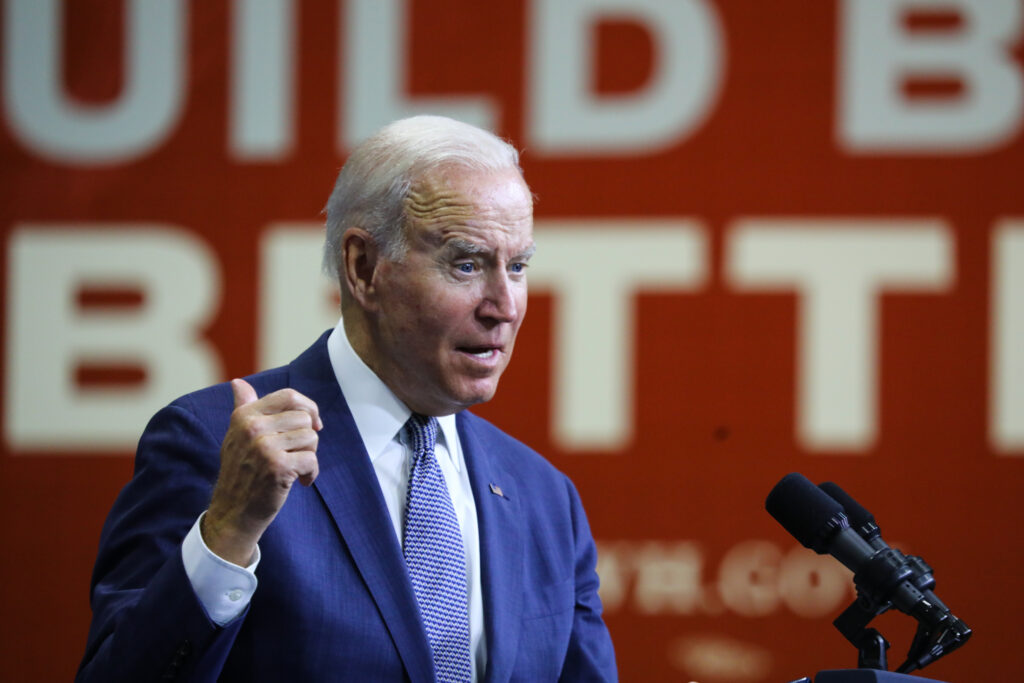The state of Illinois has yanked a nonprofit hospital’s tax-exempt status in a decision that is being called a threat to the tax exemptions of all nonprofit organizations in the state.
On September 29 the director of the Illinois Department of Revenue ruled Provena Covenant Medical Center in the central Illinois town of Urbana provided too little charity care to qualify for its property tax exemption. Champaign County officials had challenged the exemption in 2003, complaining the hospital was too aggressive in trying to collect payments from poor and uninsured patients.
“I think this ruling is a disaster for nonprofit hospitals in Illinois,” said Neville M. Bilimoria, a partner in the health law practice of Duane Morris LLP in Chicago, who has followed the case closely. The ruling overturned the decision of an administrative law judge who heard two weeks of testimony before upholding the tax exemption. Provena filed an appeal of the ruling in Illinois State Circuit Court on October 26.
“That judge wrote a detailed opinion that said we had met tax-exempt requirements and were charitable,” Bilimoria said. “The director flipped that decision on its head.”
Since 2003, when Champaign County revoked the hospital’s tax exemption, Provena has paid about $5 million in property taxes. The hospital’s parent organization, Catholic-owned Provena Health, operates hospitals in five other Illinois communities and is one of the state’s largest health care companies.
Too Little Charity: Director
In his ruling, Illinois Revenue Director Brian Hamer said, “The primary basis of my conclusion is simple: Covenant admitted that its 2002 revenues exceeded $113,000,000 and that its charitable activities cost it only $831,724, or about .7% of total revenue. The property tax exemption it requested was worth over $1,100,000. As noted below, to obtain the exemption Covenant was required to prove that its primary purpose was charitable care. These financial figures fall far short of meeting the primary purpose standard.”
Hamer declined to consider as charity more than $10 million in care to Medicaid and Medicare patients the hospital writes off each year, in addition to write-offs for persons not covered by a government program. He also declined to consider the hospital’s free community programs such as health care screenings, wellness fairs, and ambulance service.
Hamer also objected to Provena’s contracts with private physicians and other service providers, and based his decision in significant part on the fact that most of Provena’s revenue comes from payment for services rendered rather than from public and private charitable donation support.
Other Nonprofits at Risk
“Director Hamer has made a terrible decision which can be a threat not just to hospitals but to all not-for-profits of any size or complexity,” said Howard Peters, senior vice president of government relations for the Illinois Hospital Association. “When you look at how he reasons his ruling the mere fact that the hospital offers market salaries, and not all revenues come from donated sources–that is such an outdated notion, it’s going to have an adverse impact on good works that are being done all over the state.”
Peters said the decision fails to take into account the “partnership between government and not-for-profit entities” that includes government saying, “we believe forgiving the tax burden will allow the enterprise to go forward to return a value to the community.”
He cited as an example tax-exempt orchestras. “They don’t give away free tickets, but it’s been decided the community is better off with that enterprise,” Peters said.
Misunderstands Industry
Peters and Bilimoria both said Hamer’s ruling demonstrates a fundamental misunderstanding of the modern hospital industry.
“Brian Hamer, who certainly doesn’t have a lot of health care experience, criticizes that the hospital was renting space on the hospital campus to for-profit physician groups. Well, there are no such things as non-profit physician groups,” Bilimoria said. “Physicians must provide the services, and they must make a profit to stay in business.
“Hamer implies we should have the hospital employ doctors, referring to a 1907 case. The truth of the matter is, in today’s health care market, hospitals don’t want to employ doctors,” Bilmoria explained. “They did that in the 1990s, and that model did not work. Hospitals and doctors couldn’t get along. Things like this make this an antiquated decision.”
Legislation on the Way
Hamer did not state in his ruling how much charity care nonprofit hospitals had to provide, but Illinois Attorney General Lisa Madigan (D) has announced plans to propose legislation that would mandate a minimum percentage of nonprofit hospitals’ care go toward charitable care as defined in the law.
“One-third of hospitals [in Illinois] are losing money, and two-thirds are losing money on patient revenues, direct care to patients,” Peters said. “They are making up the difference by investment income and other income they manage to cobble together.
“In 2005 Provena’s reimbursement [systemwide] fell $48.2 million short of what they spent providing care to Medicaid beneficiaries,” Peters said. “To provide medical services to people in government programs and get no credit for not getting paid by the government … this decision cannot stand.”
Steve Stanek ([email protected]) is managing editor of Budget & Tax News.




